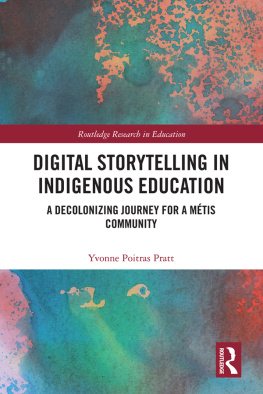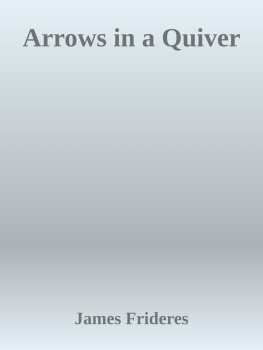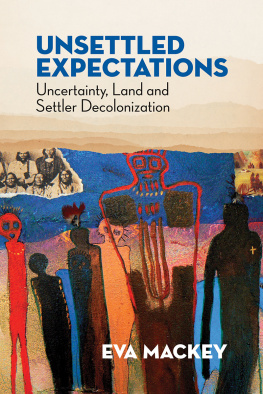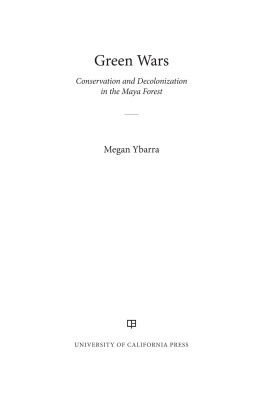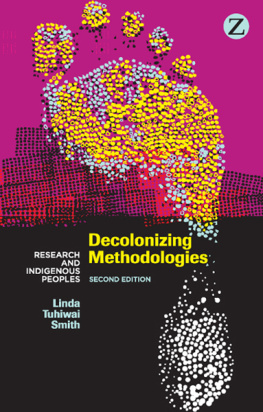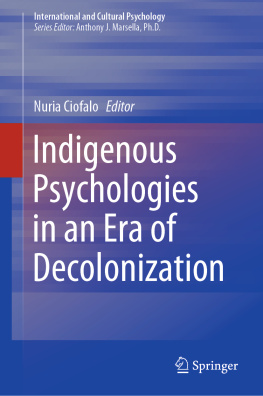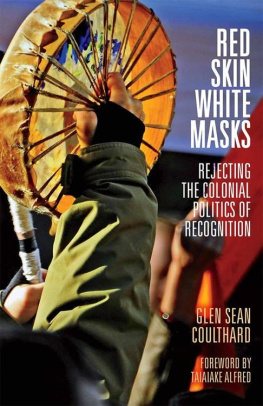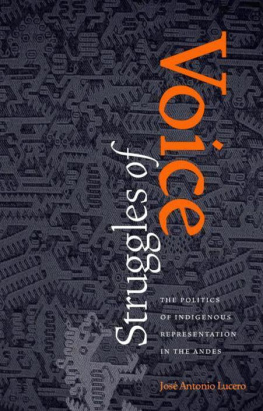Acknowledgments
I am deeply grateful to the many people whose knowledge, support, and hospitality made this book possible. In Tarija, two local NGOs, CERDET and Comunidad de Estudios JAINA, provided office space, logistical support, access to documentation and library resources, and sustained productive dialogue on research questions. Guaran leaders at the APG IG and the CCGT showed generosity, patience, and courage in their engagements with me, as did non-Guaran residents of OConnor Province. Aldo Villena, Hernn Ruz, Silvia Flores, Erick Araoz, Juan Carlos Arostegui, Guido Cortez, Pilar Lizrraga, Gonzalo Torrez, Ricardo Gareca, Denise Humphreys Bebbington, Tom Broadhurst, and Judith Van den Bosch were great friends and intellectual allies in Tarija. I am greatly indebted to community members of the community I call Tarair, particularly Armando, Sandra, and family, who shared their home, food, warmth, and humor under often difficult circumstances. My arrival in Tarair was facilitated by Bret Gustafson, whose long-standing research with the Guaran of Bolivia was a source of inspiration. Beyond Tarija, individuals from Oxfam, CEJIS, CEDLA, CEADES, CIPCA, Fundacin TIERRA, the APG Nacional, CIDOB, and INRA took time out of busy work agendas to engage in this research.
At the University of Cambridge, Sarah A. Radcliffe was a generous and engaging mentor whose critical insights made this a more rigorous piece of scholarship. Research was funded by a 1+3 Studentship from the Economic and Social Research Council. The Cartographic Unit at the University of Cambridge did an expert job making the maps that appear in this book. The writing of this book was made possible by a Ciriacy-Wantrup Postdoctoral Fellowship at the University of California, Berkeley (20142016). At Berkeley, Michael Watts provided guidance and encouragement that enabled my writing to develop in new directions, and I was inspired and challenged by conversations with Donald Moore. Nancy Postero, Bret Gustafson, Sian Lazar, Cheryl McEwan, and Mario Blaser provided invaluable feedback on early versions of this book. Amy Kennemore, Paula Saravia, Jorge Montesinos, Devin Beaulieu, and Andrea Marston gave incisive comments on individual chapters. Tony Bebbington, Fiona Wilson, and Sandip Hazareesingh helped the research for this book get off the ground. During the final stages of editing, I received useful comments from colleagues in the Rule and Rupture Program at the University of Copenhagen. I am especially grateful to the programs director Christian Lund for his patience and generosity during this period. I have been fortunate to have four wonderful editors for this bookJim Lance at Cornell University Press and series editors Wendy Wolford, Nancy Lee Peluso, and Michael Goldmanwho have provided expert guidance and support throughout the publication process.
Finally, I thank my friends and family for all the support they have given me throughout the research and writing process, particularly my parents, Louise and Taf Anthias.
Note on Pseudonyms
In early drafts of this book, I followed the ethnographic tradition of anonymizing all of the people and some of the places that appear in the chapters. I ultimately came to question the ethical validity of this approach, which seemed bizarre and even dishonest to some of my interlocutors. In 2016 and 2017, I contacted those people I was able to reach to ask whether they wished me to use their real name or a pseudonym. All of those consulted opted to use their real name and I have respected their wishes. Nevertheless, owing to the sensitive nature of the conflicts described, I have maintained some pseudonyms, particularly for APG IG leaders and private landowners whose property claims I discuss. I have maintained the pseudonym Tarair for the Guaran community I lived in, because of the ongoing APG IG leadership struggle and the potential for identifying individuals. Surrounding properties and communities have also been anonymized.
The following names that appear in the book are pseudonyms: Guaran community members: Fausto, Julio, Bertha, Mabel, Mariana, Hermes, Victoria, Mario, Lorenzo, Rmulo, Jimena, Benita, Jennifer, Alcides, Felix, Alejandro; Guaran leaders: Celestino, Teodoro, Julio Navarro, Nestor Borrerro, Fabio Montes, Horacio Tarabuko, Angelo, Romn, Santiago; state officials: Jos, Lino, Jorge Campero; non-indigenous land claimants: Beatriz Vaca, Roberto Vaca, Rubn Roble, Winston Mignolo, Oswaldo Cortez, Simn Mendez, Maarten, Franco; tcnicos: Freddy Gordillo; Guaran communities: Tarair, Yukiporo, Itikirenda, Yumbia; private properties: El Palmar, El Porvenir; Rancho Grande.


